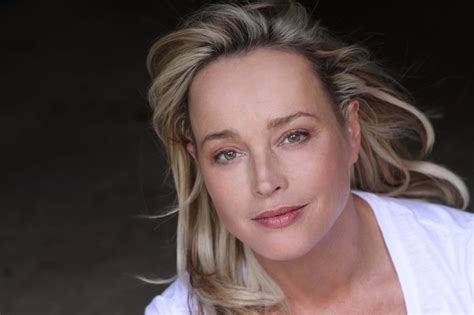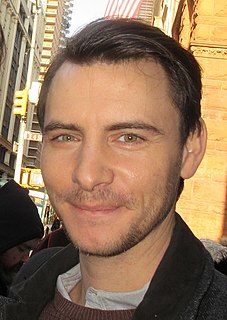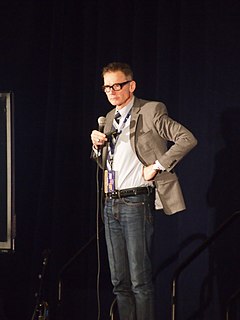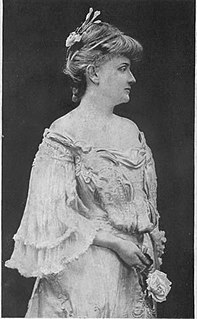A Quote by Annie Dillard
Private life, book life, took place where words met imagination without passing through the world.
Quote Topics
Related Quotes
I often like to think that our map of the world is wrong, that where we have centered physics, we should actually place literature as the central metaphor that we want to work out from. Because I think literature occupies the same relationship to life that life occupies to death. A book is life with one dimension pulled out of it. And life is something that lacks a dimension which death will give it. I imagine death to be a kind of release into the imagination in the sense that for characters in a book, what we experience is an unimaginable dimension of freedom.
Regular maps have few surprises: their contour lines reveal where the Andes are, and are reasonably clear. More precious, though, are the unpublished maps we make ourselves, of our city, our place, our daily world, our life; those maps of our private world we use every day; here I was happy, in that place I left my coat behind after a party, that is where I met my love; I cried there once, I was heartsore; but felt better round the corner..., things of that sort, our personal memories, that make the private tapestry of our lives.
You are Life passing through your body, passing through your mind, passing through your soul. Once you find that out, not with logic, not with the intellect, but because you can feel that Life-you find out that you are the force that makes the flowers open and close, that makes the hummingbird fly from flower to flower. You find out that you are in every tree, and you are in every animal, vegetable, and rock. You are that force that moves the wind and breathes through your body. The whole universe is a living being that is moved by that force, and that is what you are. You are Life.
Memory and the imagination are almost identical. It's the same place in the brain and the same thing is happening. When you think about your own life, there are no memories without place. You are always situated somewhere. I think the imagination - the narrative imagination at least - situates you in a specific space when you start to think of a story. I often use places I know. I put my characters inside rooms and houses that I'm familiar with - sometimes the houses of my parents or grandparents or previous apartments I've lived in.



































